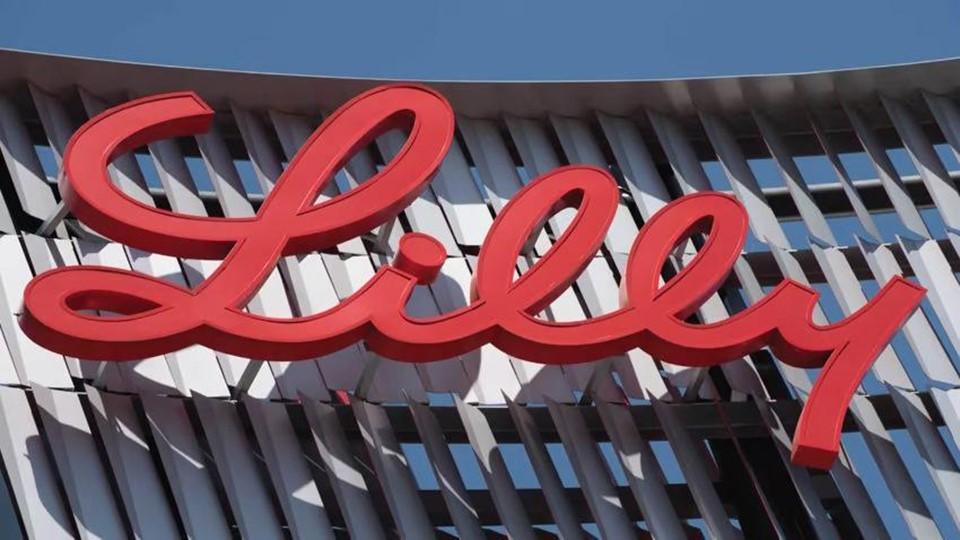Lilly pledges £279m to UK for biotech hub and obesity plan

Eli Lilly has said it is prepared to invest £279 million ($364 million) in the UK and work with the government to tackle serious public health challenges, including obesity.
The proposal, unveiled at the government's International Investment Summit today is headlined by the creation of a UK biotech hub – provisionally called Lilly Gateway Labs (LGL) – to support early-stage life sciences businesses working on new medicine.
The LGL plan would garner funding of £204 million over three years, providing start-ups with Lilly's expertise, access to lab space, and potentially financial investments, and would establish the first LGL site in Europe. Lilly already has LGLs in four locations in the US and said it is also considering a second in the UK "in the coming years."
There would also be collaboration on "new and innovative ways of delivering health and care services," according to a Lilly statement, which alludes to defining new models of care for obesity treatment, including the use of digital support tools, sponsoring more clinical trials in the UK, and possibly "investment in manufacturing sites or collaborations with UK venture capital funds and academic institutions."
On the clinical trials front Lilly announced plans to start a five-year real-world evidence study involving tirzepatide, the dual GIP/GLP-1 receptor agonist in the company's Mounjaro drug for type 2 diabetes and obesity.
The SURMOUNT-REAL UK study will be carried out in partnership with Health Innovation Manchester, subject to relevant approvals, and will explore the real-world effectiveness of tirzepatide in weight loss, diabetes prevention, and prevention of obesity-related complications for adults with obesity.
"We welcome this opportunity to partner with the UK Government on tackling and preventing disease, and accelerating innovation to advance care delivery models," said Lilly's CEO, David Ricks. "Today's announcement is an important milestone, and we are pleased to reinforce Lilly's commitment to improving health for people living with obesity and its serious consequences."
Mounjaro was authorised as a weight-loss treatment by the UK's Medicines and Healthcare products Regulatory Agency (MHRA) last year and has already been recommended by the National Institute for Health and Care Excellence (NICE) for a phased rollout to nearly a quarter of a million people in the first three years in a plan currently out for stakeholder comment.
The plan would make the drug available to obese people with complications including hypertension, dyslipidaemia, obstructive sleep apnoea, or cardiovascular disease, starting with those who have at least three complications. As part of the plan, the NHS will test several new services to offer the drug, including digital technologies.
"For all the challenges facing the health of our nation, we have two huge advantages: some of the world's leading scientific minds, and a National Health Service with enormous potential. If we can combine the two, patients in this country can reap the rewards of the revolution in medical science unfolding before our eyes," commented Health and Social Care Secretary Wes Streeting.
"Partnerships like this are key to building a healthier society, healthier economy, and making the NHS fit for the future," he added.
According to the Health Survey for England 2022, around 64% of adults are either overweight or living with obesity in England. Obesity is the second most common cause of preventable death after smoking and costs the NHS around £11 billion a year.
In an opinion piece published in The Telegraph newspaper, Streeting said that weight-loss injections could be given to unemployed people to help them get back into work and help to relieve pressure on the NHS, noting that "widening waistbands are a burden on Britain."












